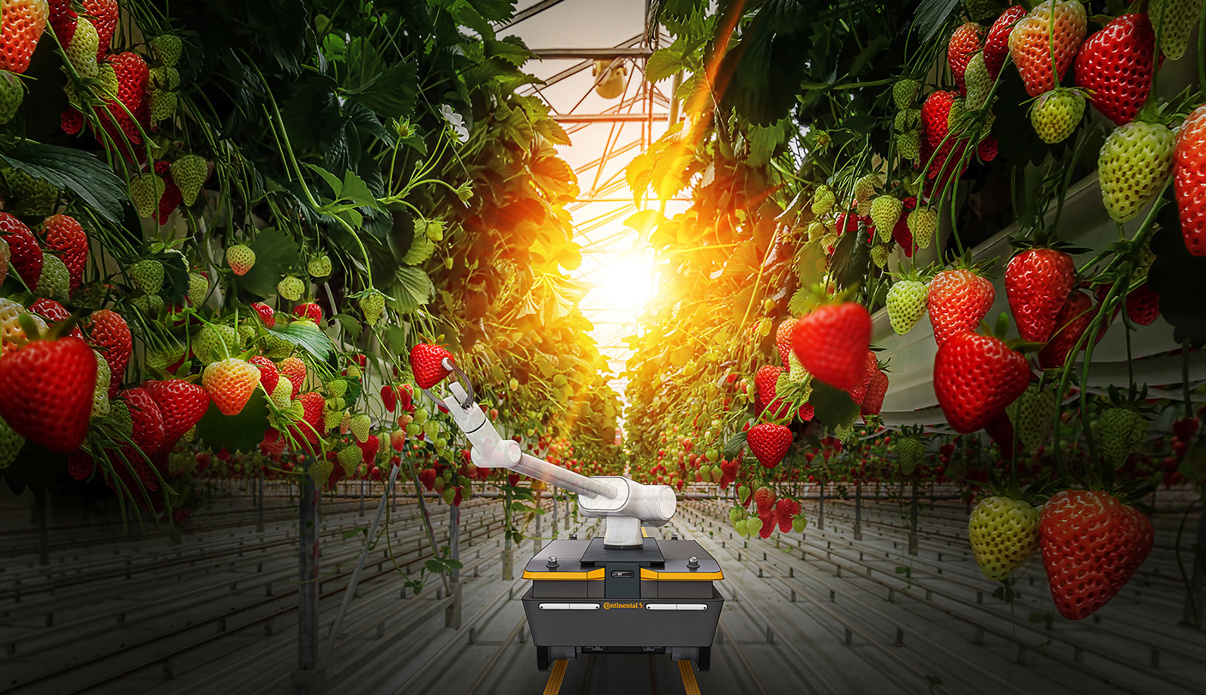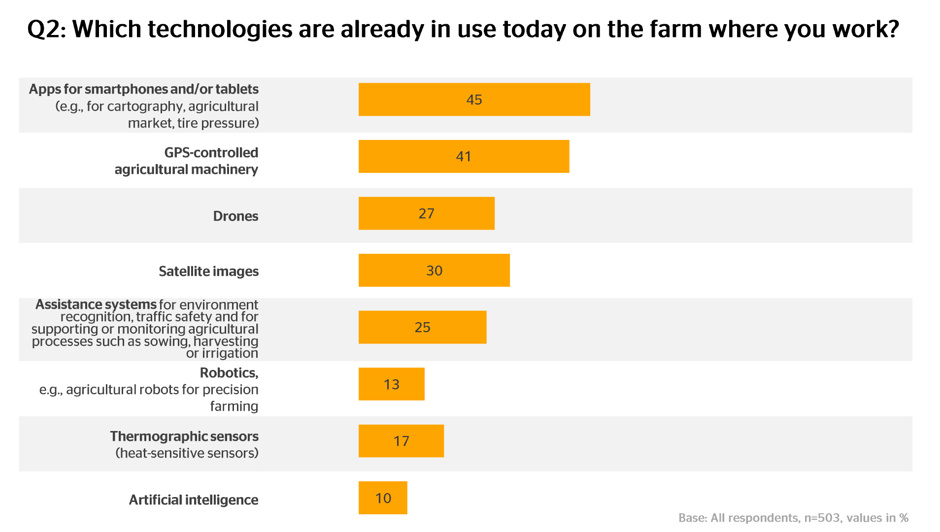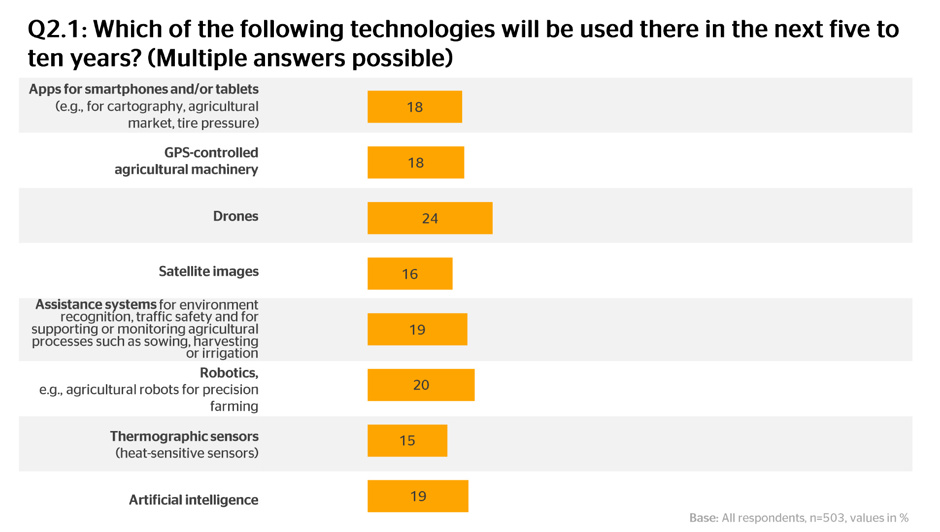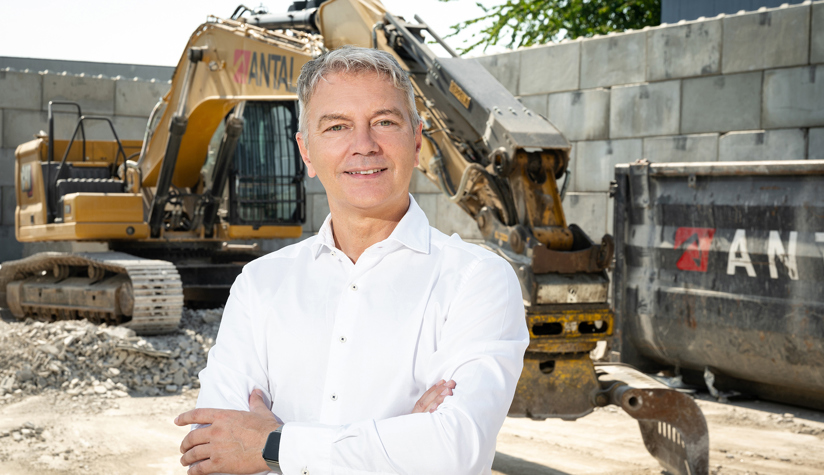Some farmers are already using artificial intelligence and robotics solutions. The use of these technologies will increase massively in the coming years. These are the findings of a recent study conducted by Continental and the market research institute Innofact AG among 503 users of agricultural machinery in the key markets of Germany, the USA, Brazil, France and Japan.
A digital gap is already opening up in agriculture today: The smaller the farm, the more likely it is to be a digital desert. The results of the Continental study "Agriculture in transition" suggest that this gap will widen in the coming years. After all, digitalization does not yet seem to play a major role on some farms. One in five respondents does not use digital technologies at all
So, while larger farms are mostly using digital technologies, smaller farms often have some catching up to do. About 20 percent of farms with less than 50 hectares of land say they do not use digital technologies. The figure is 12 percent for farms between 100 and 200 hectares, and 10 percent for farms with more than 200 hectares.
There are also significant regional differences: In Germany, France and the U.S., about 13 percent of farmers do not use digital technologies, while in Brazil it is only one in twenty. In Japan, on the other hand, about 60 percent of respondents say they do not use digital technologies in their farming operations.
These figures shed an interesting light on the current state of digital agriculture. As Mario Branco, Head of Off-Highway at Continental, points out: "The digital transformation of agriculture is a global task with significant regional differences. While in some countries digital technologies are already deeply integrated into everyday agricultural life, others are only at the beginning of this exciting journey. These differences reflect not only the diversity of agricultural practices around the world, but also the different challenges and opportunities farmers face."



